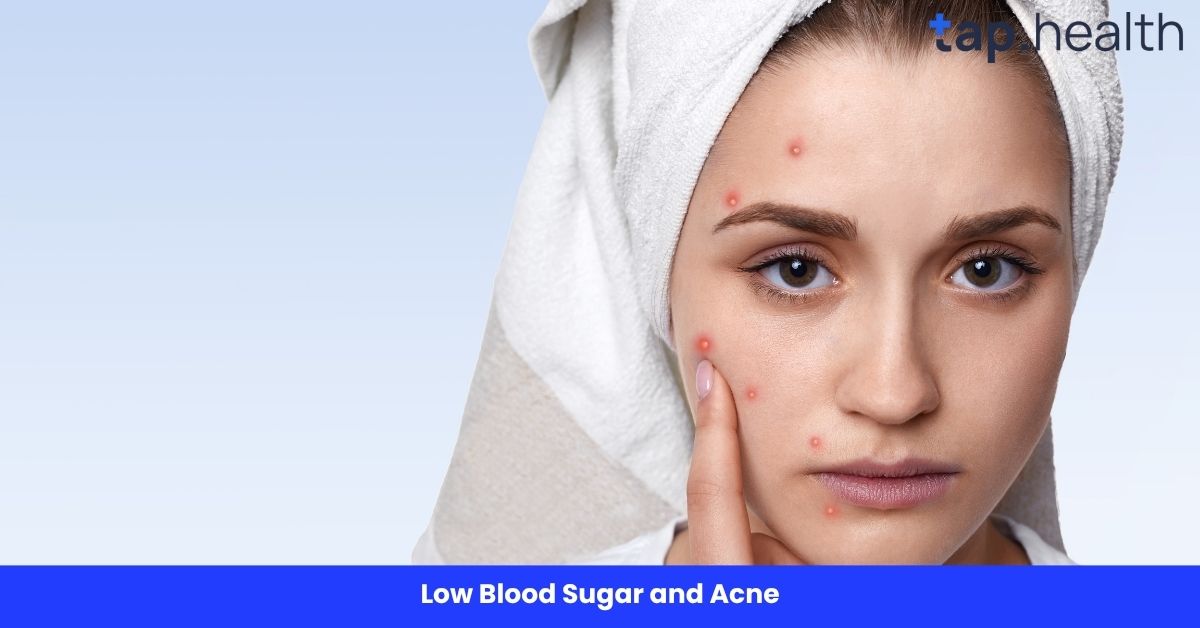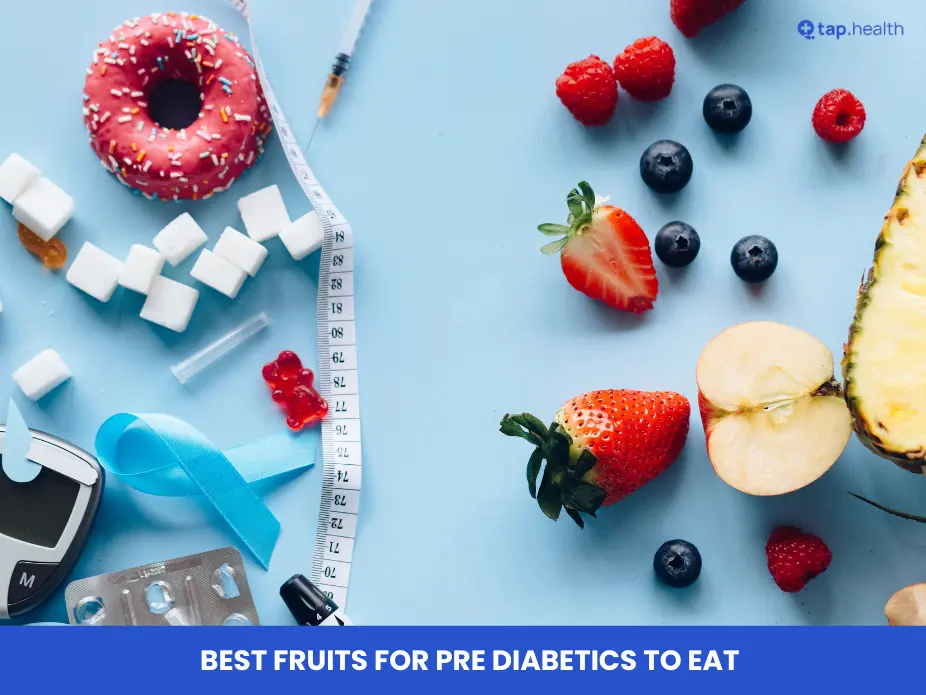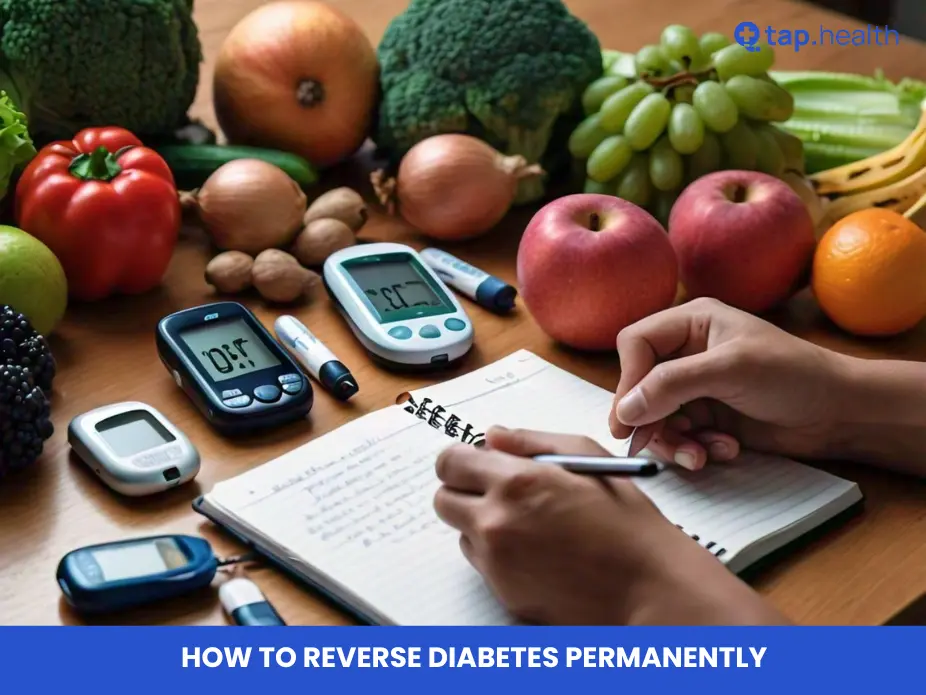Low blood sugar, or hypoglycemia, is a condition that occurs when your blood sugar levels drop below normal. This is a common issue for people with diabetes, but it can also affect others, especially those who skip meals or exercise intensely without properly managing their nutrition. While we often focus on the immediate effects of low blood sugar, such as dizziness, sweating, and irritability, it’s important to understand that this condition can also have a significant impact on your skin. One of the lesser-known effects of low blood sugar is its connection to acne.
Acne is usually associated with hormonal imbalances, stress, and poor skincare habits. However, emerging research and expert opinions suggest that low blood sugar can play a role in acne development. In this detailed guide, we’ll dive deep into how low blood sugar affects your skin, what causes acne in people with hypoglycemia, and how to manage acne when dealing with low blood sugar levels.
What Causes Acne in People with Low Blood Sugar?
1. Hormonal Imbalances Triggered by Hypoglycemia
One of the most significant factors linking low blood sugar and acne is the impact of hypoglycemia on hormones. When blood sugar levels drop too low, the body releases hormones like cortisol and adrenaline to compensate. These stress hormones are meant to raise blood sugar levels, but they also have a side effect— they increase oil production in the skin. Excess oil can clog pores, leading to the development of acne.
2. Stress Response and Acne
Stress is known to worsen acne, and hypoglycemia can induce stress in the body. When blood sugar drops, the body experiences physical stress, which leads to the release of cortisol, a hormone that contributes to oil production in the skin. This increased oil production, combined with clogged pores, is a common cause of acne flare-ups.
3. Reduced Skin Healing Capabilities
People who experience frequent low blood sugar episodes may also experience slower healing of the skin. The body’s ability to repair and regenerate skin cells becomes compromised when blood sugar is low, making it more difficult for acne lesions to heal properly. This can lead to prolonged breakouts and an increased risk of scarring from acne.
4. Increased Inflammation
Low blood sugar can increase inflammation in the body. Acne itself is an inflammatory skin condition, and anything that increases inflammation can make acne worse. When you experience low blood sugar, your body may react by creating an inflammatory response, leading to the worsening of existing acne or the development of new breakouts.
How Does Low Blood Sugar Affect Skin Health?
1. Dehydration and Dry Skin
Low blood sugar can also lead to dehydration, as the body loses water when glucose levels are low. Dehydrated skin is more prone to irritation and acne. When your skin lacks moisture, it can become dry, which may lead to an overproduction of oils, ultimately clogging pores and contributing to acne.
2. Poor Circulation and Skin Damage
When blood sugar levels are low, blood flow to the skin may decrease, affecting the skin’s overall health and ability to repair itself. Poor circulation can make the skin look dull and can prolong the healing time for acne lesions. This can result in acne scars that take longer to fade.
3. Increased Sensitivity to Skincare Products
People with low blood sugar or hypoglycemia may find that their skin becomes more sensitive to certain skincare products. Harsh chemicals or aggressive treatments designed to target acne may cause further irritation and worsen the skin condition. If you have low blood sugar and acne, it’s essential to use gentle, soothing skincare products that won’t trigger more irritation.
Can Low Blood Sugar Make Acne Worse in People with Diabetes?
Yes, people with diabetes, particularly those who experience frequent low blood sugar episodes, are more likely to experience acne. While diabetes itself can have a significant impact on the skin, fluctuating blood sugar levels—both high and low—can lead to skin issues. In people with diabetes, insulin resistance or fluctuations in insulin can worsen acne, while low blood sugar can lead to stress, hormonal imbalances, and poor skin healing, all of which can exacerbate acne symptoms.
How Can You Prevent and Manage Acne with Low Blood Sugar?
1. Maintain Stable Blood Sugar Levels
The most effective way to prevent acne caused by low blood sugar is to maintain stable glucose levels. This can be achieved by following a balanced diet, avoiding sudden spikes or drops in blood sugar, and ensuring regular meal timings. If you have diabetes, work closely with your doctor to ensure your insulin levels are properly managed. If you experience frequent low blood sugar, adjust your diet to include more complex carbohydrates and proteins that can stabilize glucose levels.
2. Manage Stress Effectively
Since stress is a significant trigger for acne, managing stress is crucial in preventing acne outbreaks related to low blood sugar. Practicing relaxation techniques like yoga, meditation, deep breathing exercises, or regular physical activity can help lower cortisol levels and reduce stress. Reducing stress will also help stabilize your blood sugar and improve overall skin health.
3. Use Gentle Skincare Products
When you have low blood sugar and acne, it’s important to use skincare products that won’t irritate or dry out your skin further. Look for non-comedogenic products that are gentle and designed for sensitive skin. Avoid using products with high levels of alcohol, as these can exacerbate dryness and lead to more acne. Choose a gentle cleanser, moisturizer, and acne treatment that will soothe your skin without causing further inflammation.
4. Stay Hydrated
Dehydration is common when blood sugar levels drop, and dry skin can lead to more acne. Drinking plenty of water throughout the day helps keep your skin hydrated and supports overall health. Staying hydrated can also improve circulation and help your skin heal faster from acne breakouts.
5. Eat a Balanced Diet
Eating a balanced diet rich in vitamins, minerals, and antioxidants can help your skin stay healthy and reduce acne flare-ups. Focus on foods that stabilize blood sugar levels, such as whole grains, leafy greens, lean proteins, and healthy fats. Avoid sugary foods and processed carbohydrates, as they can cause blood sugar spikes and contribute to acne development.
6. Seek Professional Advice
If acne persists despite your best efforts to manage your blood sugar and skincare routine, it may be time to consult a dermatologist. A dermatologist can recommend treatments specifically suited to your skin type and condition. If necessary, they may suggest topical treatments, oral medications, or even light therapies that can help control acne without exacerbating low blood sugar symptoms.
Real-Life Scenario
Imagine someone who skips meals often or consumes sugary snacks throughout the day. Their blood sugar spikes and drops rapidly, causing irritability, fatigue, and—over time—skin issues like pimples or dullness. Once they switch to balanced meals rich in protein, fiber, and healthy fats, their energy levels stabilize, and acne begins to clear up.
For example, having a breakfast that includes eggs, whole grains, and fruit instead of just coffee and sugar-loaded pastries helps maintain steady blood sugar levels and supports clear skin.
Expert Contribution
According to dermatologists and nutritionists, diet-induced hormonal imbalance plays a major role in adult acne. Low blood sugar episodes cause cortisol surges, which increase inflammation and sebum (oil) production.
Experts recommend focusing on low-glycemic foods, such as whole grains, lentils, vegetables, and nuts, to keep blood sugar steady and reduce acne risk.
Dr. Maria Jensen, a clinical nutrition expert, notes:
“Stabilizing blood sugar doesn’t just prevent fatigue — it can also reduce acne flare-ups by minimizing inflammation and hormonal fluctuations.”
Recommendations Grounded in Proven Research and Facts
- Eat balanced meals with a mix of protein, complex carbs, and healthy fats.
- Avoid skipping meals, as long gaps can cause blood sugar dips.
- Limit high-sugar foods like pastries, soda, and candy that trigger spikes and crashes.
- Stay hydrated, since dehydration can worsen both low blood sugar symptoms and skin irritation.
- Consider a low-glycemic diet, which research shows helps reduce acne severity by keeping insulin and hormone levels balanced.
- Consult a doctor if you frequently experience low blood sugar or persistent acne, as it may signal an underlying metabolic or hormonal issue.
Frequently Asked Questions (FAQs) on Low Blood Sugar and Acne
Q1: Can low blood sugar cause acne?
Yes, low blood sugar (hypoglycemia) can contribute to acne by triggering hormonal imbalances and stress responses in the body. These changes can lead to increased oil production, clogged pores, and inflammation, all of which can worsen acne.
Q2: How does low blood sugar affect my skin?
Low blood sugar can lead to dehydration, poor circulation, and increased inflammation, all of which negatively affect skin health. These factors can make your skin more prone to acne and slower to heal from existing breakouts.
Q3: Can hypoglycemia worsen existing acne?
Yes, hypoglycemia can worsen existing acne due to the stress and hormonal changes it causes in the body. Stress hormones like cortisol increase oil production in the skin, which can clog pores and trigger more breakouts.
Q4: How can I manage acne if I have low blood sugar?
To manage acne caused by low blood sugar, it’s important to maintain stable glucose levels, manage stress, use gentle skincare products, and stay hydrated. Eating a balanced diet and consulting with a dermatologist for personalized treatments can also help.
Q5: Does diet play a role in acne related to low blood sugar?
Yes, diet plays a significant role in managing both low blood sugar and acne. Consuming a balanced diet with complex carbohydrates, lean proteins, and healthy fats can help maintain stable blood sugar levels and support skin health. Avoiding sugary foods and processed carbs can prevent blood sugar spikes and reduce acne flare-ups.
Q6: Are there any specific foods to avoid if I have low blood sugar and acne?
If you have low blood sugar and acne, avoid foods that cause blood sugar spikes, such as sugary snacks, refined carbohydrates, and processed foods. These foods can worsen both your blood sugar levels and acne. Instead, opt for whole grains, fruits, vegetables, and lean proteins to stabilize your blood sugar and improve your skin health.
Conclusion
Low blood sugar and acne are closely connected through hormonal changes, stress responses, and skin health challenges. Hypoglycemia can increase the production of stress hormones like cortisol, leading to clogged pores and inflammation, which can worsen acne. Managing blood sugar levels, eating a balanced diet, staying hydrated, and using gentle skincare products are key steps in controlling acne when you have low blood sugar. If acne continues to be a problem, consulting a dermatologist is crucial for developing a personalized treatment plan that works with your condition.
By maintaining stable blood sugar and a proper skincare routine, you can effectively manage both low blood sugar and acne, leading to healthier skin and better overall well-being.



